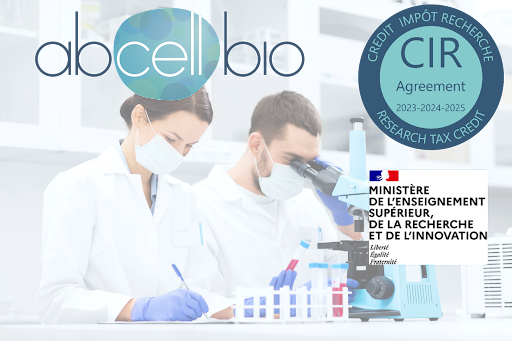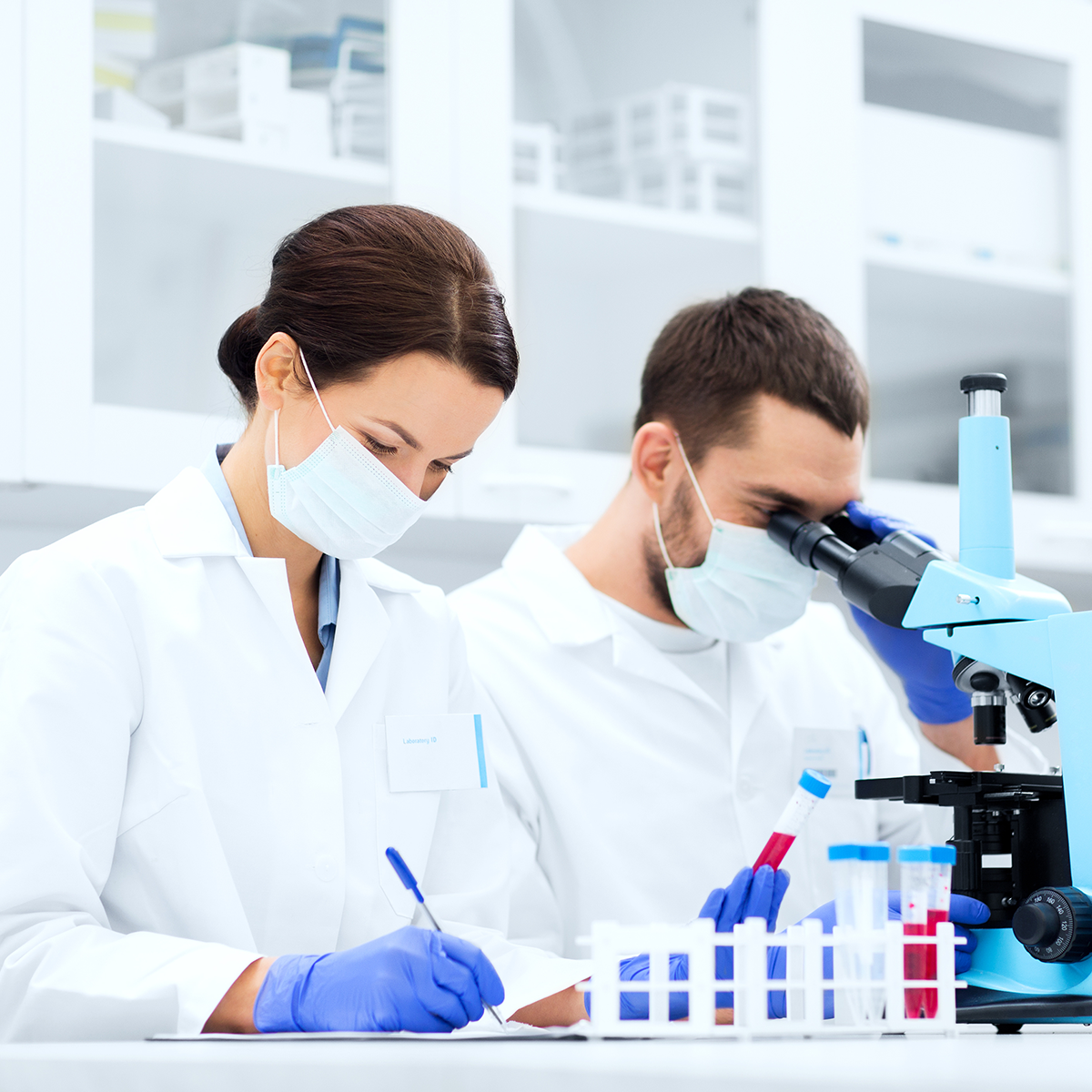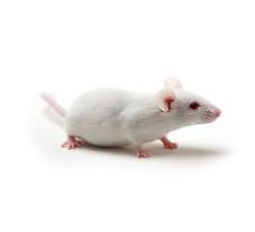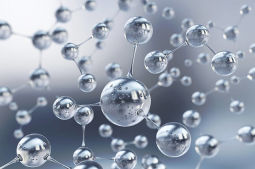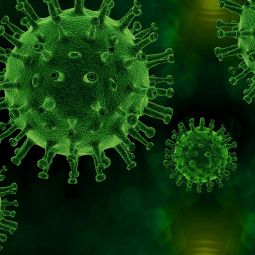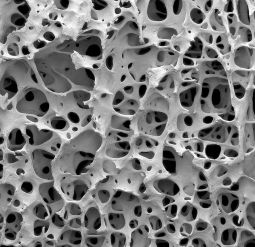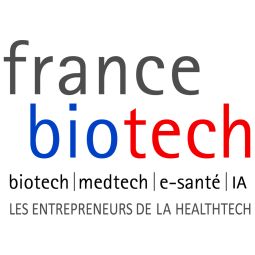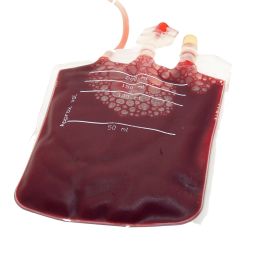Although umbilical cord blood (UCB) is a promising source of Hematopoietic stem and progenitor cells (HSPCs), the low dose of HSPCs in these preparations limits their use, prompting need for ex vivo HSPC expansion. This study reports the development of a bioactive peptide named SL-13R, the design of which was originally derived from sequence of the extracellular domain of Delta-like homologue 1 (DLK1) protein, expressed on hepatoblasts. UCB HSPCs were cultured with SL-13R in combination with hematopoietic cytokines under xeno-free conditions. SL-13R enhanced ex vivo expansion of UCB HSPCs without loss of long-term reconstitution ability. Transplantation of cells cultured with SL-13R into immunodeficient NOD/Shi-scid/IL-2R knockout mice confirmed that they possess long-term reconstitution and self-renewal abilities. As the specialist in the production of hematopoietic progenitors, Abcell-bio is able to provide large quantities of CD34+ cells from a single healthy donor, certifying their purity and viability. Nii T, Konno K, Matsumoto M, Bhukhai K, Borwornpinyo S, Sakai


